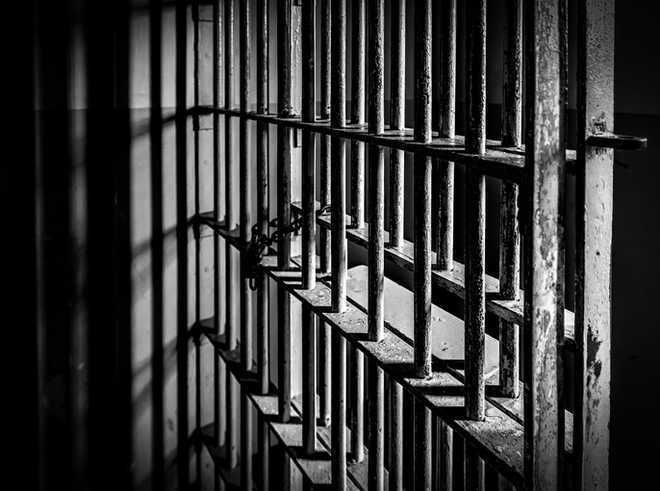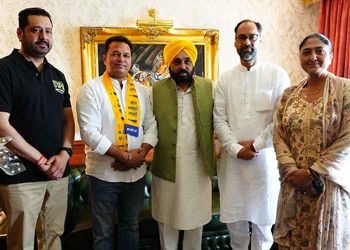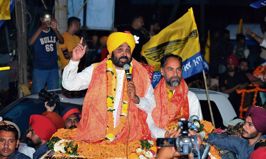
Photo for representation. File photo
Neela Sood
IN the 1971 movie Paraya Dhan, versatile actor Balraj Sahni played the role of Govindram, a member of a gang of robbers. Once, the gang barges into the house of a rich man; during the robbery, the lady of the house is killed. When Govindram is about to leave the place with valuables, his eyes fall on a child sleeping in a crib. The sight brings out the suppressed human inside him. Worried about the baby’s future, he says to himself: ‘Oh my God, what have I done? Now who will take care of her?’ Crestfallen and remorseful, he takes the child in his lap. He gives other gang members the slip and starts a new life as a law-abiding resident in a remote village. He raises the child into a well-educated woman. Before his death, he hands over the valuables and the girl to her father, who was searching for his only child all those years.
Recently in Tamil Nadu, burglars who had struck at the house of film director M Manikandan returned his National Award with a note: ‘We are sorry, brother. The fruit of your hard work is yours.’ For a moment, the reader might have forgotten that they were criminals.
Why do some wrongdoers behave in a refreshingly honest manner? It’s likely that they are not so bad after all and sometimes feel the urge to do good, irrespective of the consequences. There is ample scope for helping such people quit the world of crime.
A humanistic philosophy, which acknowledges that even the most notorious criminal has inherent goodness which needs to be tapped to turn him into a good human being, is the very basis of prison reforms. In 1957, filmmaker V Shantaram made Do Aankhen Barah Haath, which demonstrated this philosophy based on an ‘open prison’ experiment conducted by Maurice Frydman. A Polish Jew who converted to Hinduism, Frydman was a disciple of Mahatma Gandhi and lived at his ashram.
Shantaram established that by focusing on his hidden goodness, it was possible to reform even a hardcore criminal and rehabilitate him in the interests of his family and society.
Today, there are over 5.5 lakh prisoners in Indian jails against the capacity of 4.4 lakh. Over 75 per cent of them are undertrials, whose guilt is yet to be established. The majority of the undertrials come from marginalised sections of society. For every 10 prisoners in the country, barely two are convicted of a crime. Thus, there is an urgent need to give all those who are languishing in jail a chance to reform and make a meaningful contribution to society.
Join Whatsapp Channel of The Tribune for latest updates.



























